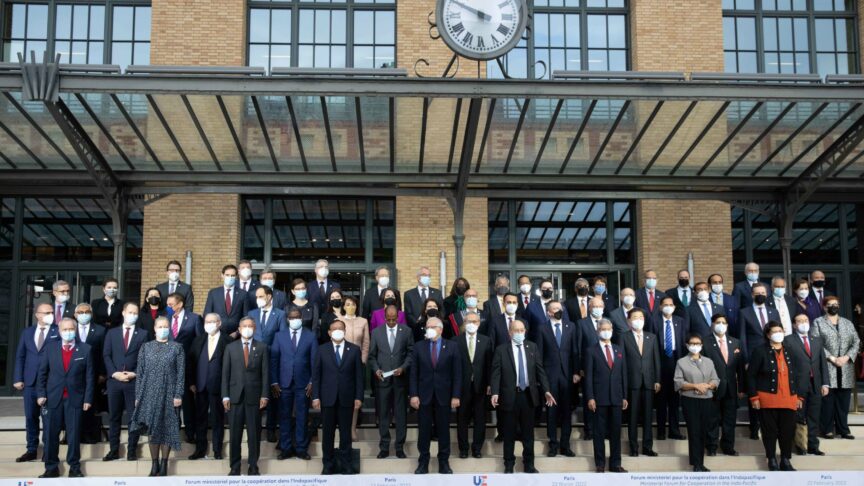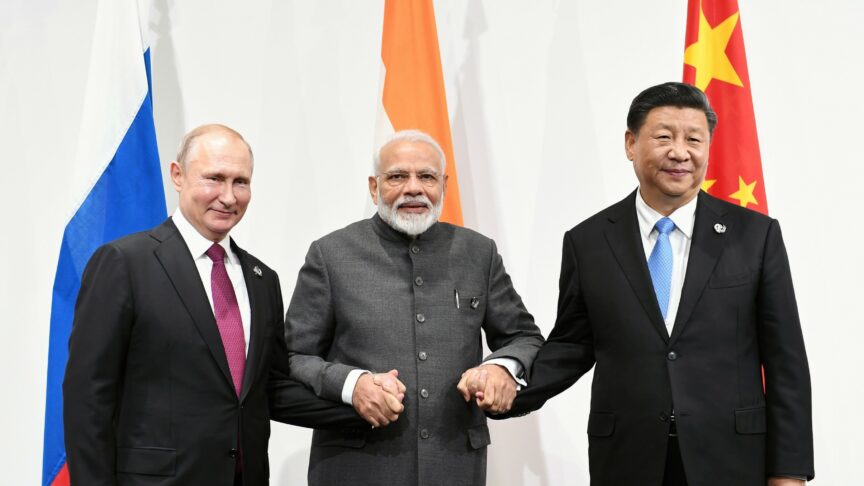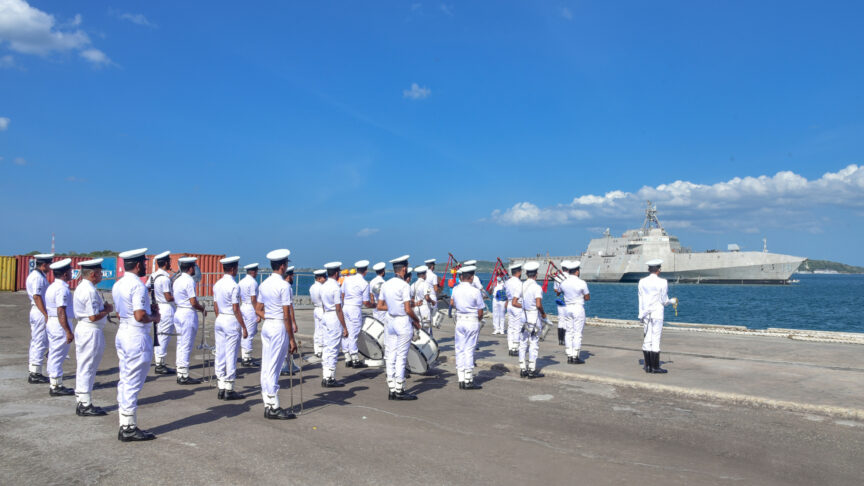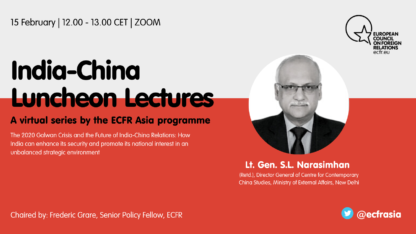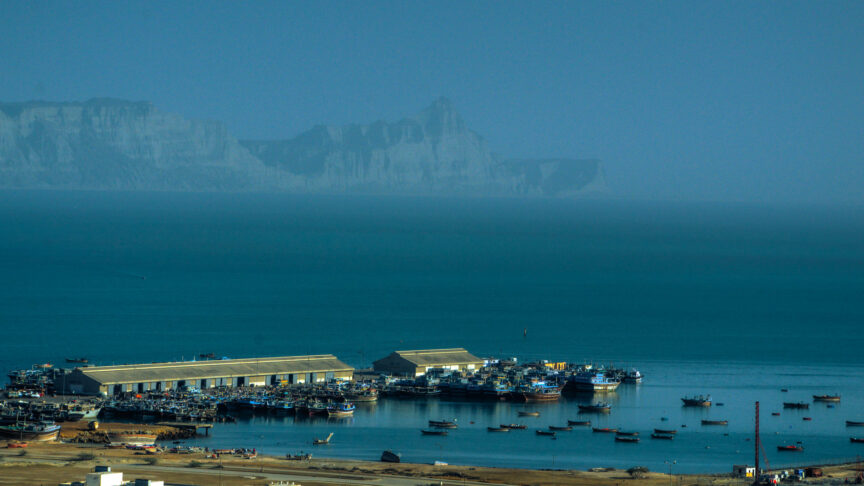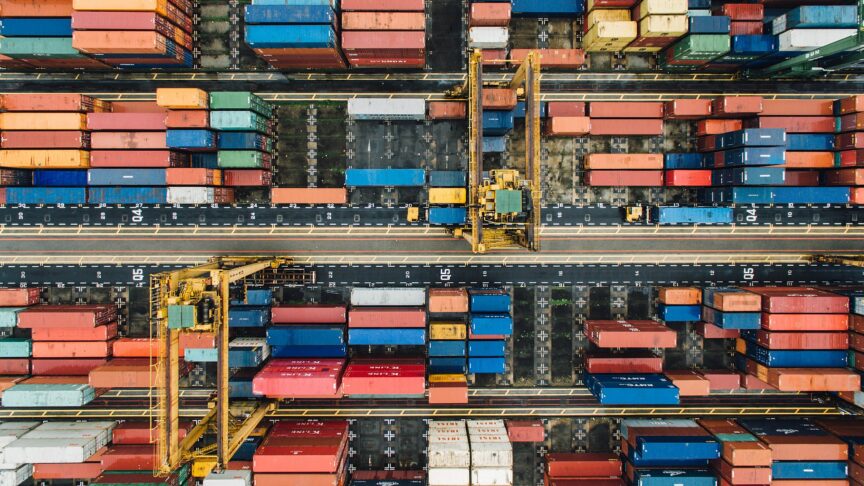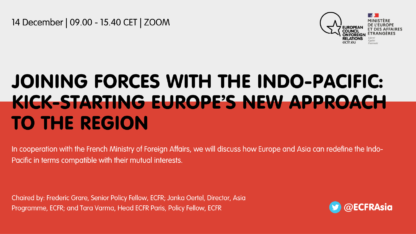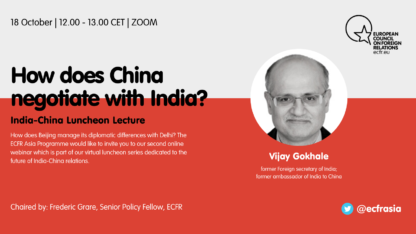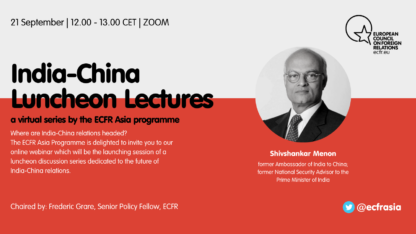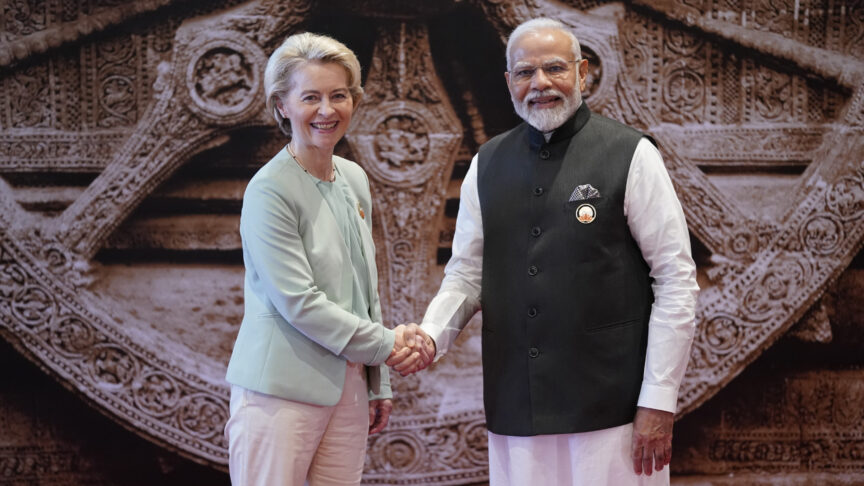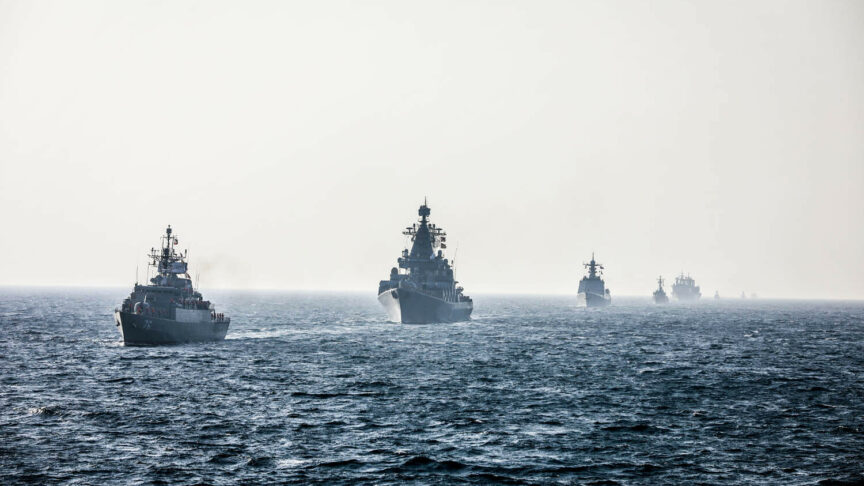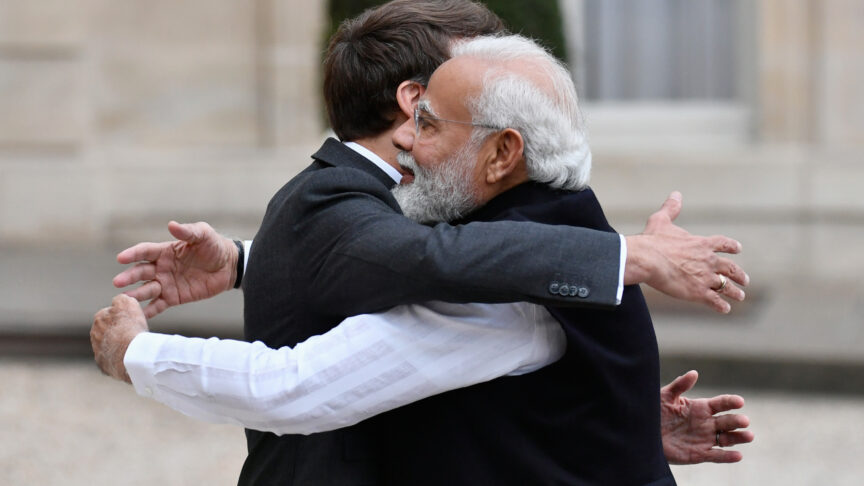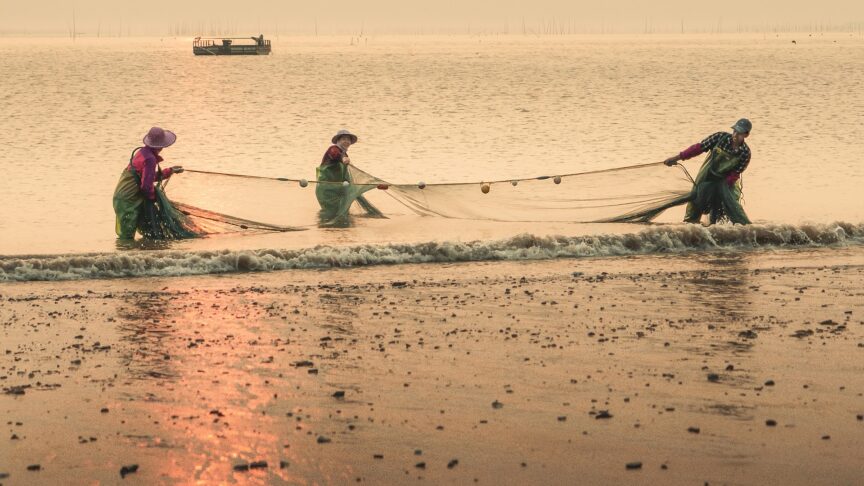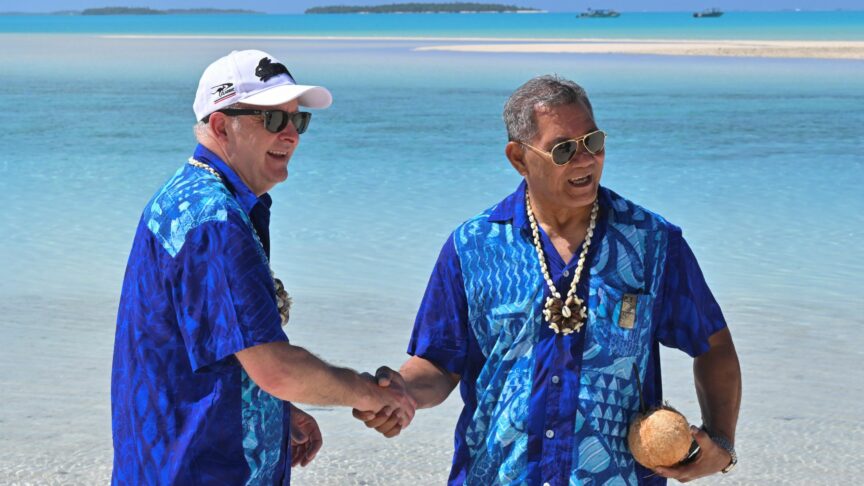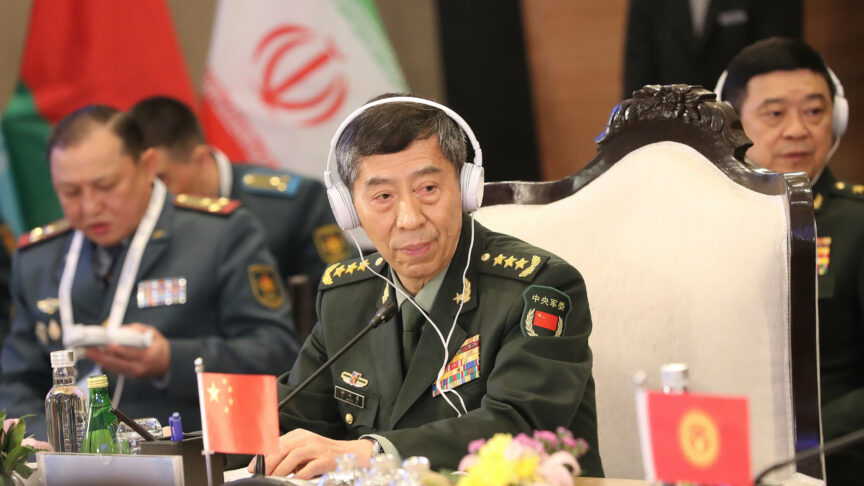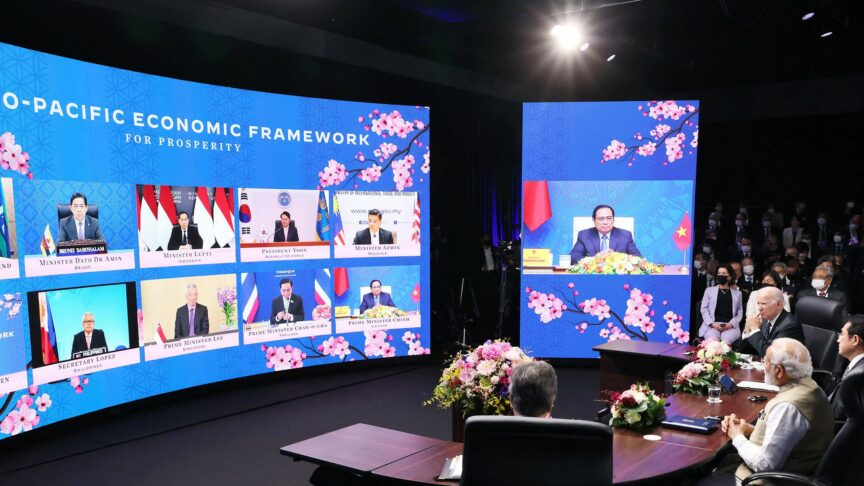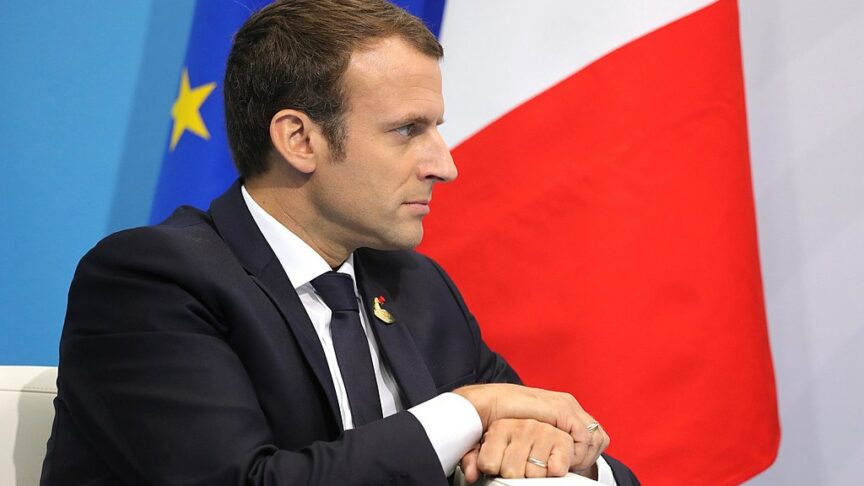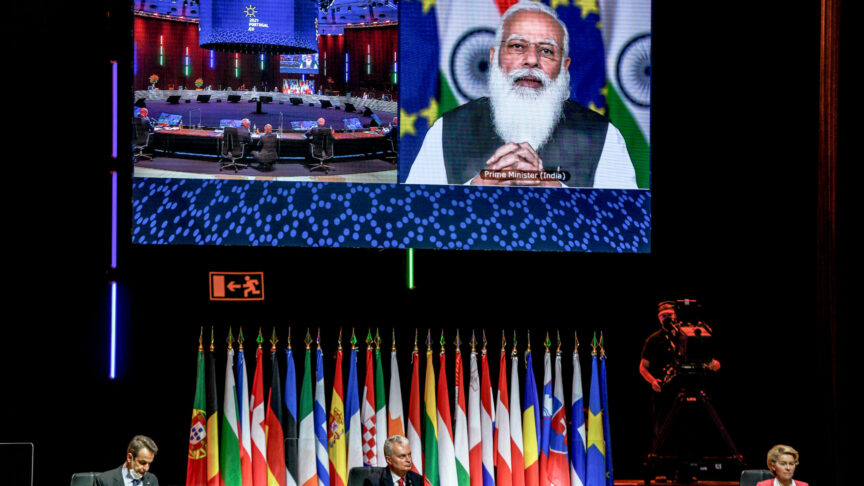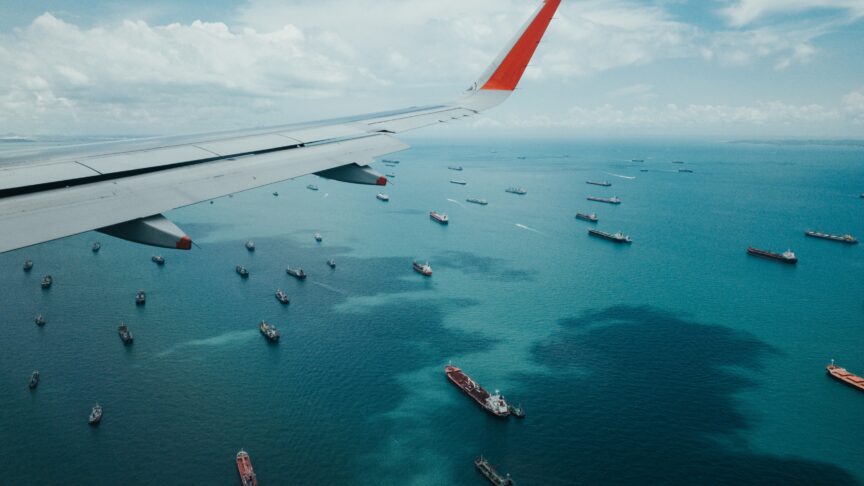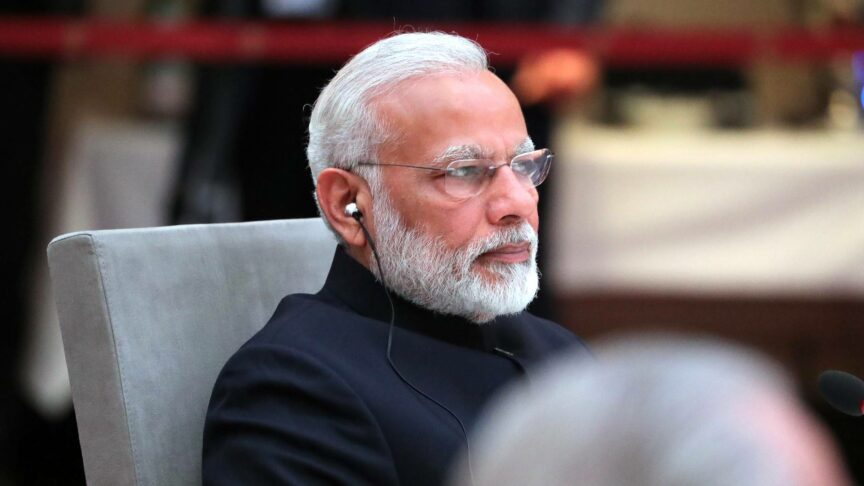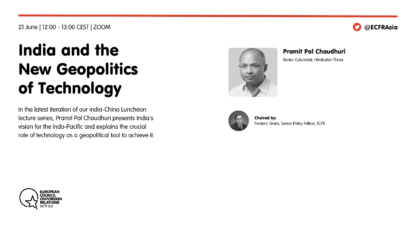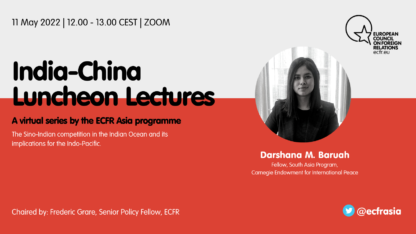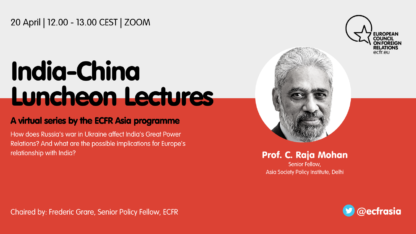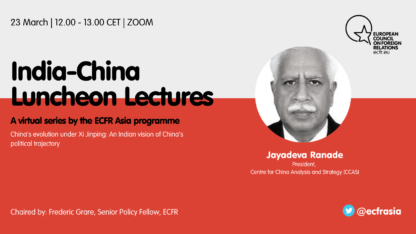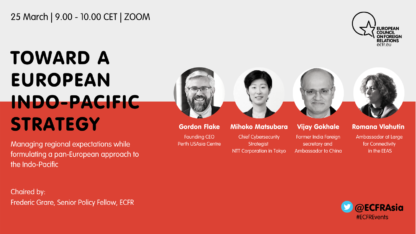Dr. Frédéric Grare is a associate senior policy fellow with the Asia Programme at the European Council on Foreign Relations. He previously worked at the Center for Analysis, Planning and Strategy (CAPS) of the French Ministry for Europe and External Affairs (MEAE), Paris, where he focused on Indo-Pacific dynamics and Indian Ocean security issues. Prior to joining the French MEAE, he served as the South Asia programme director at the Carnegie Endowment for International Peace in Washington DC.
Grare holds a PhD from the Graduate Institute of International Studies in Geneva and a Habilitation from the Paris Institute of Political Science (Science Po) in Paris. His dissertation focused on Pakistan’s policy in the Afghan conflict. He was a visiting scholar at the Carnegie Endowment for International Peace, a Counselor at the French embassy in Islamabad and Director of the Center for Social Sciences and Humanities in New Delhi. Grare has published extensively on topics related to South Asian security, India’s Foreign Policy, Indo-Pacific dynamics and maritime security. His latest book The Indian Ocean as a New Political and Security Region was published in 2022.
Grare also served as head of the Asia bureau at the directorate for strategic affairs of France’s Ministry of Defence.
